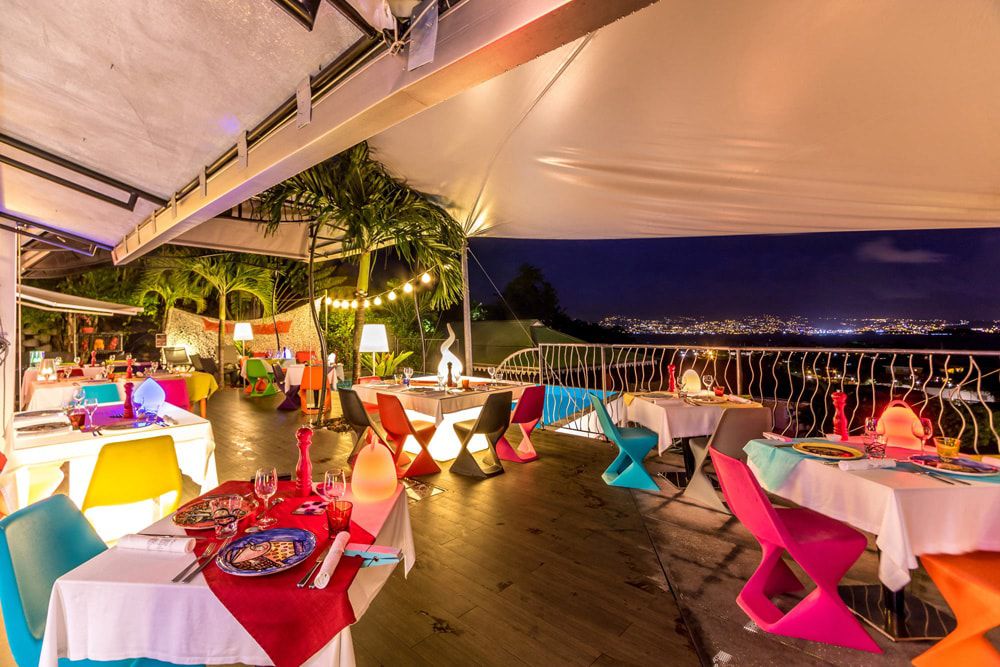MARTINIQUE
WELCOME TO MARTINIQUE
Entry Into Department
Fort-de-France
1,128 km2
356,000
French
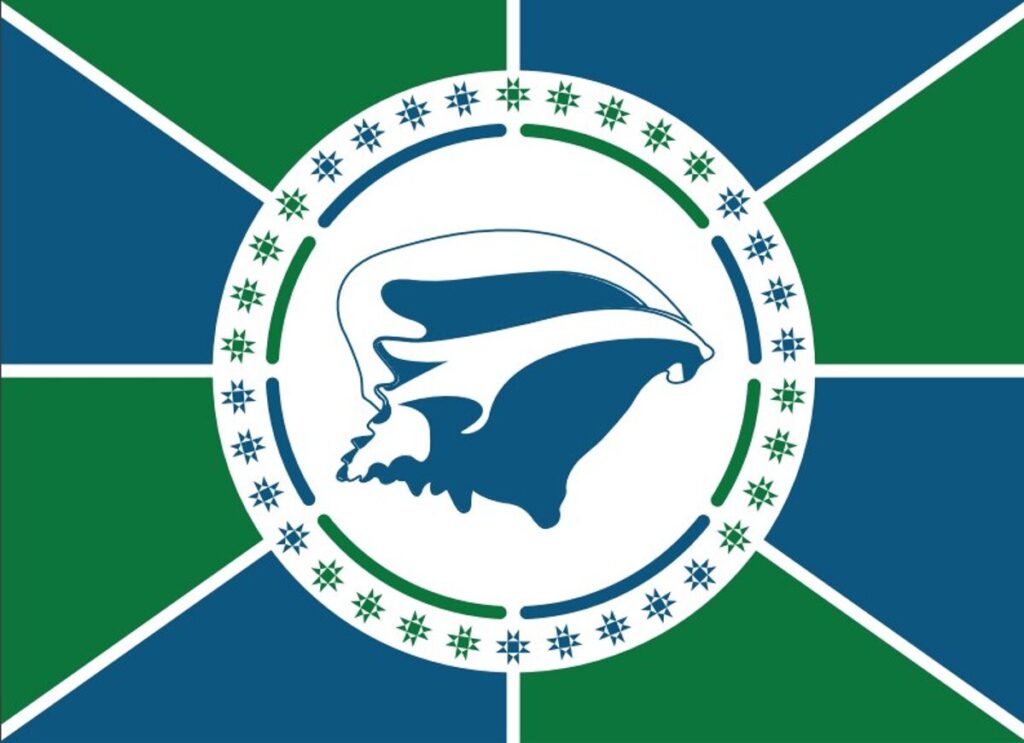
Popular
Geography and Tourist Attractions
Information about the canton's tourist attractions, including popular destinations, events, and activities.
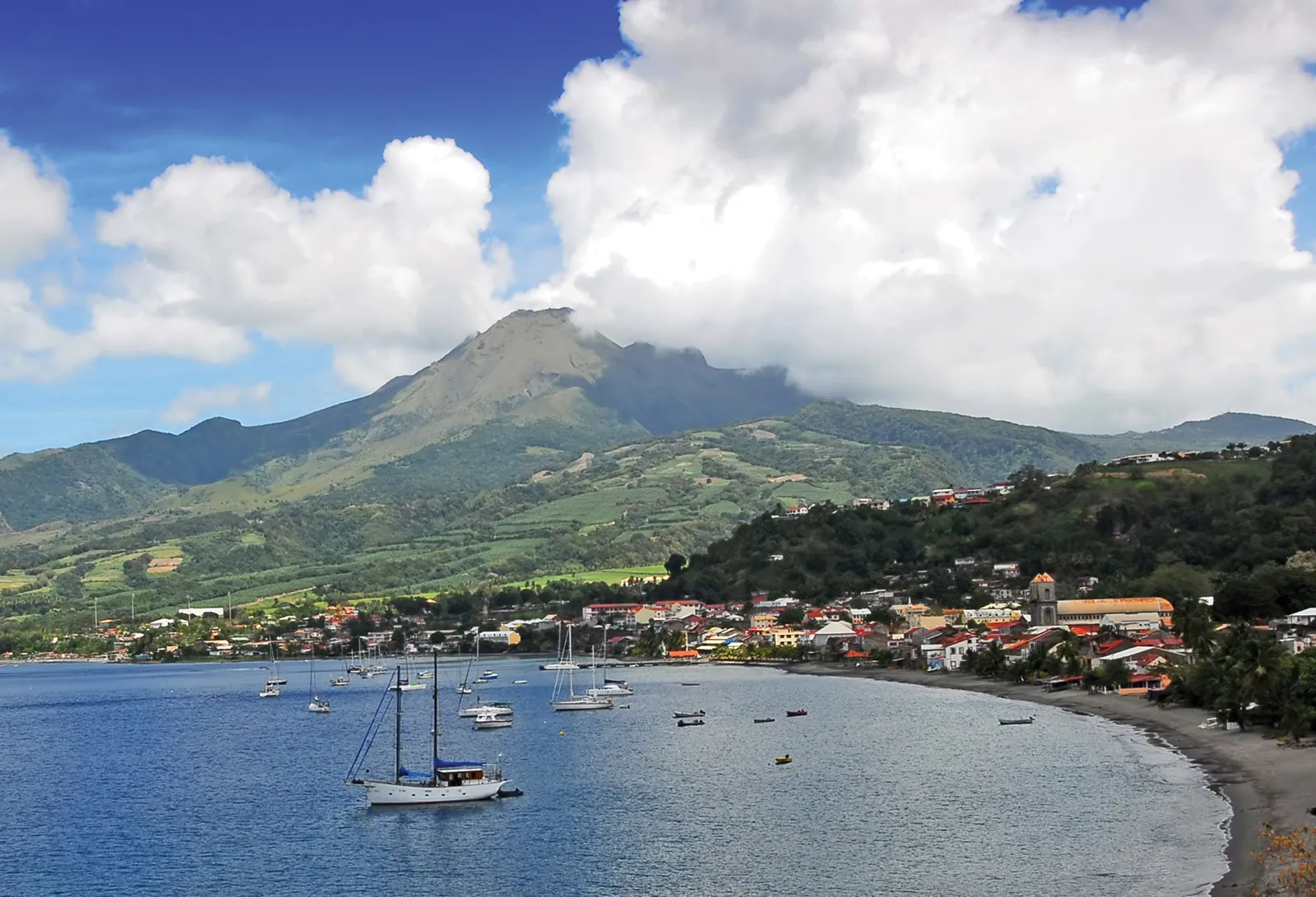
Mount Pelée
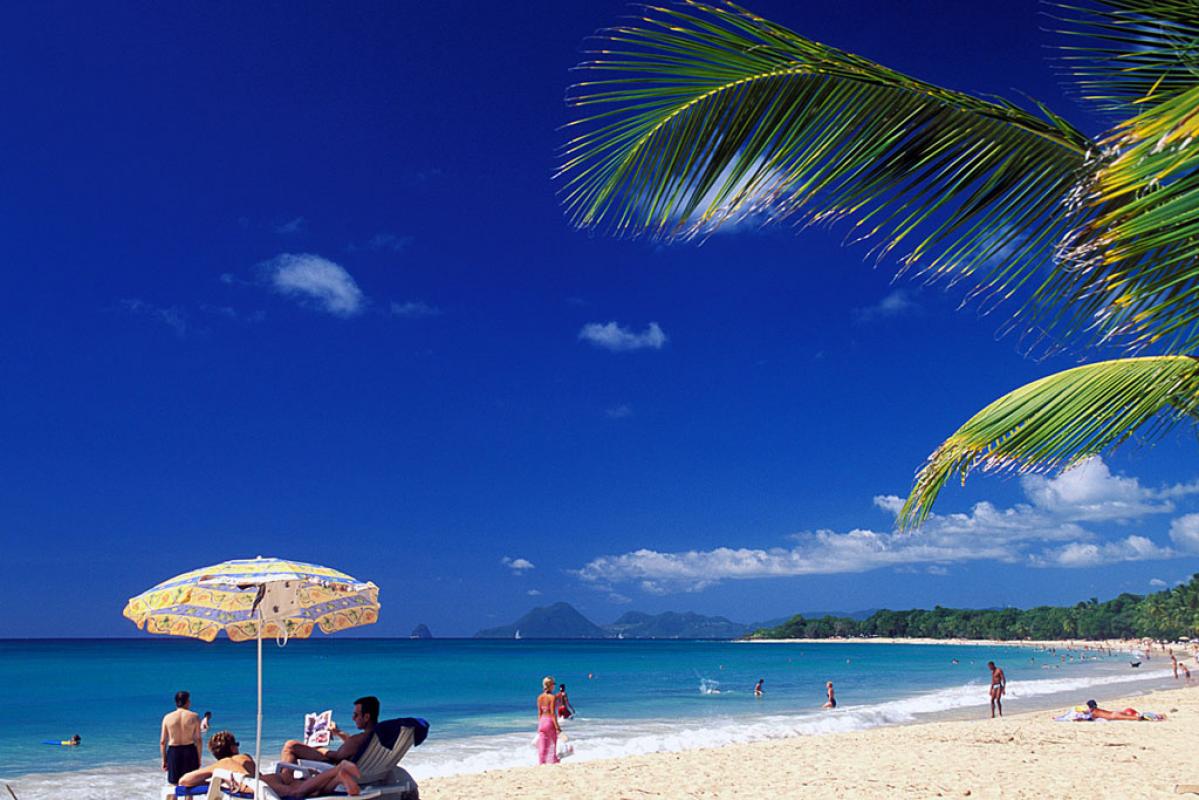
Les Salines Beach
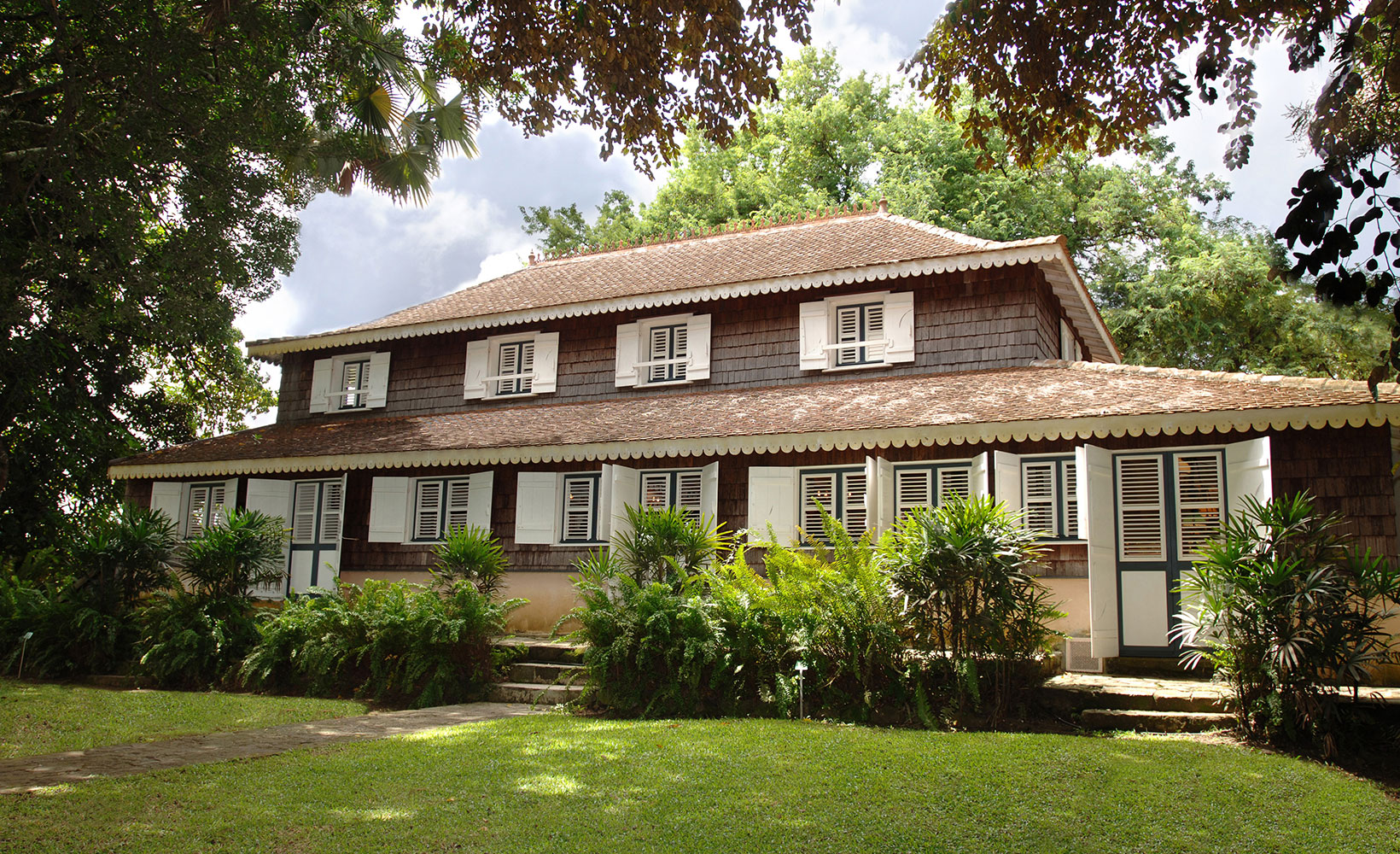
Habitation Clément
Political
Economy and Government
Martinique is a French overseas department located in the Caribbean Sea. As an integral part of France, it is a part of the European Union and uses the euro as its currency. The French government provides most of the island's infrastructure, social services, and economic support.
The economy of Martinique is primarily based on agriculture, with sugarcane being the most important crop. The island is also known for its production of rum, bananas, and flowers. In recent years, the service sector has become increasingly important to the island's economy, with tourism being a major contributor. The tourism industry in Martinique has been growing steadily in recent years, with visitors attracted by the island's natural beauty, cultural heritage, and French-Caribbean fusion cuisine.
The government of Martinique is overseen by a Prefect, who represents the French government and oversees the administration of the island. The Prefect is supported by an elected General Council, which serves as the legislative body of the island. The council is responsible for managing the island's budget, social services, and economic development. Martinique also has an elected Regional Council, which oversees regional planning and development.
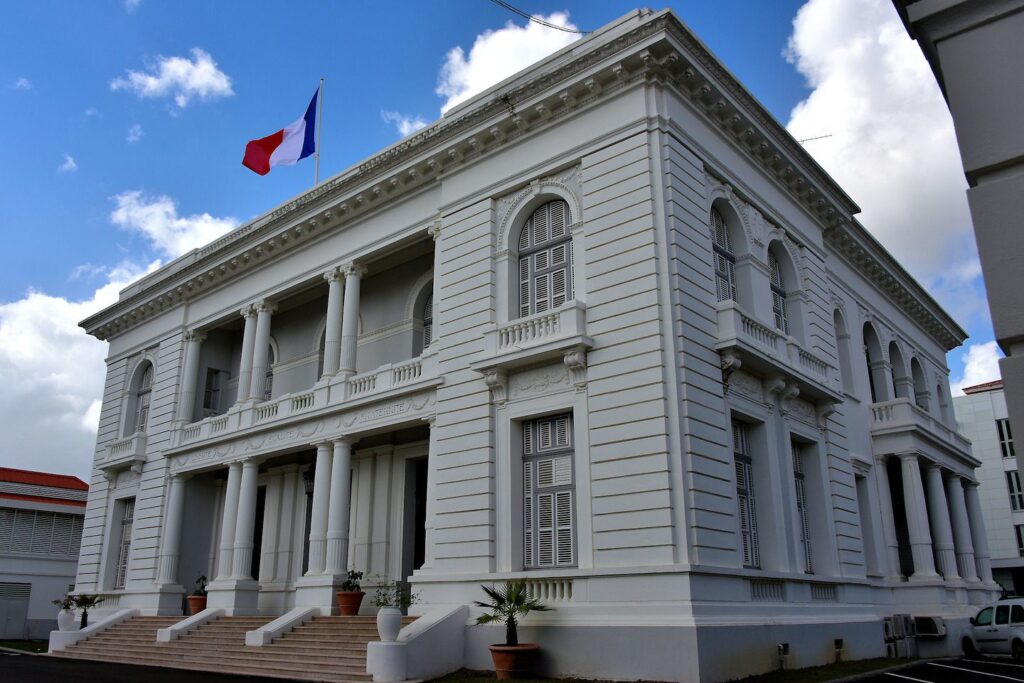
History
History and Culture
Martinique has a rich history and culture that reflects its unique blend of French and Caribbean influences. The island was first inhabited by the Arawak and Carib peoples, who were later colonized by the French in the 17th century. Martinique became a major center of sugar production during the colonial era, and slavery was an integral part of its economy until it was abolished in 1848.
The island's cultural heritage is a fusion of French, African, and Caribbean influences. Martinique is known for its vibrant music, which combines traditional Caribbean rhythms with French melodies and harmonies. Its cuisine is a blend of French and Creole flavors, with dishes featuring fresh seafood, tropical fruits, and spices.
Martinique has produced several notable artists and writers, including Aimé Césaire, a poet and playwright who was a leading figure in the Negritude movement, and the novelist Patrick Chamoiseau. The island is also known for its vibrant Carnival celebrations, which take place in the weeks leading up to Lent.
Despite its French influence, Martinique has a distinct cultural identity that is celebrated through its music, art, and cuisine. The island's history and culture are a testament to its resilience and creativity, and continue to inspire visitors from around the world.
HOTELS
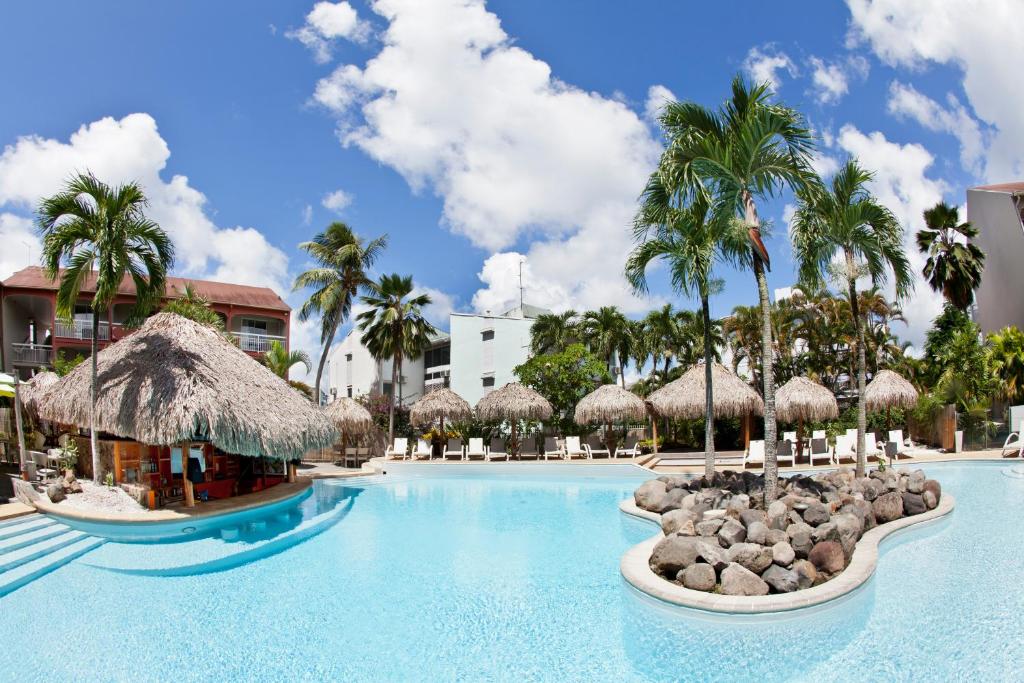
Hotel La Pagerie
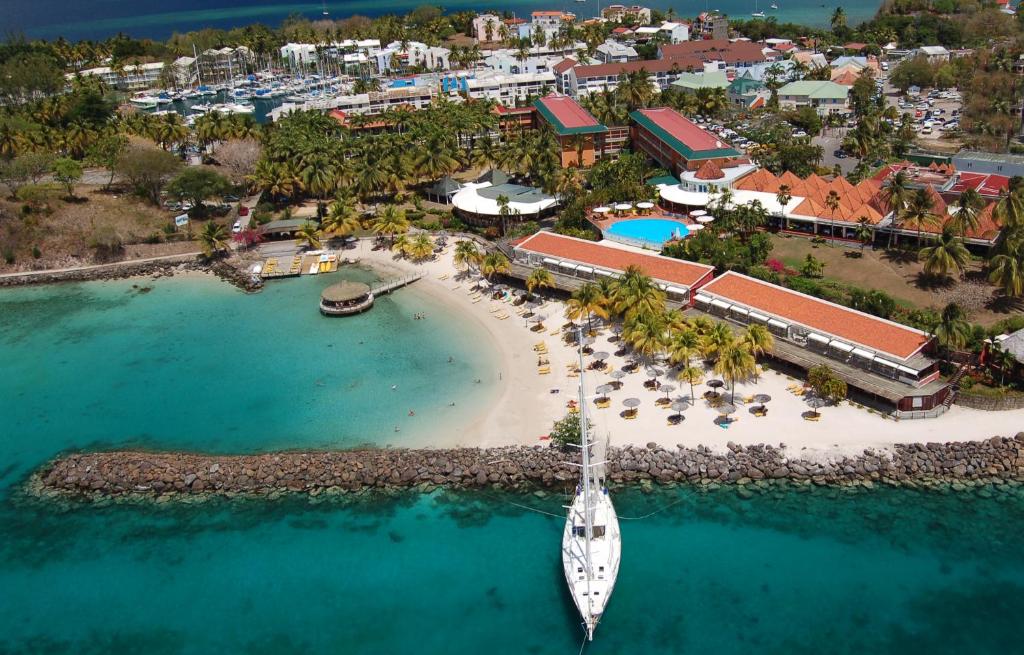
Hotel Bakoua
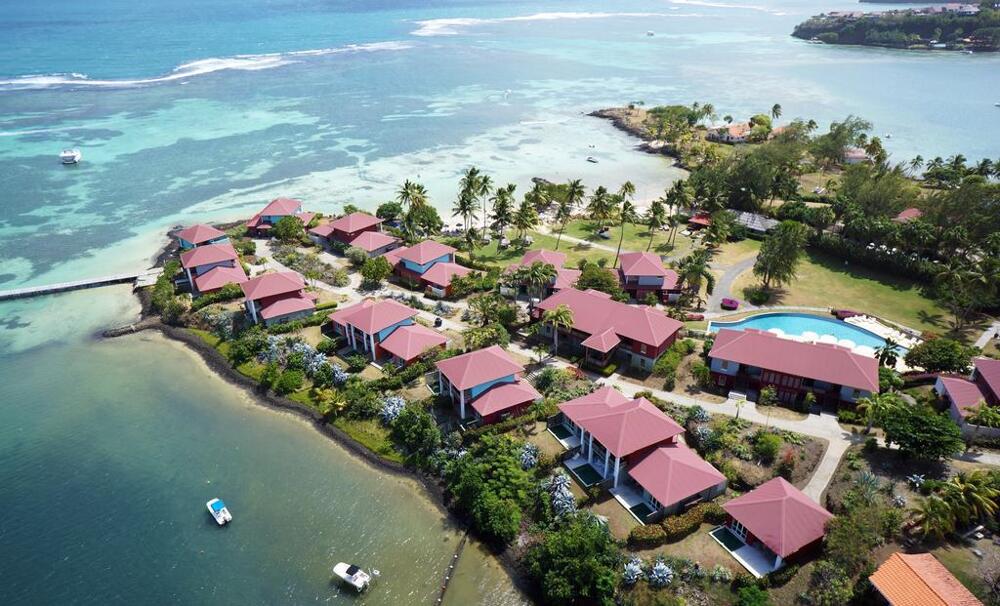
Hotel Cap Est Lagoon Resort & Spa
RESTAURANTS
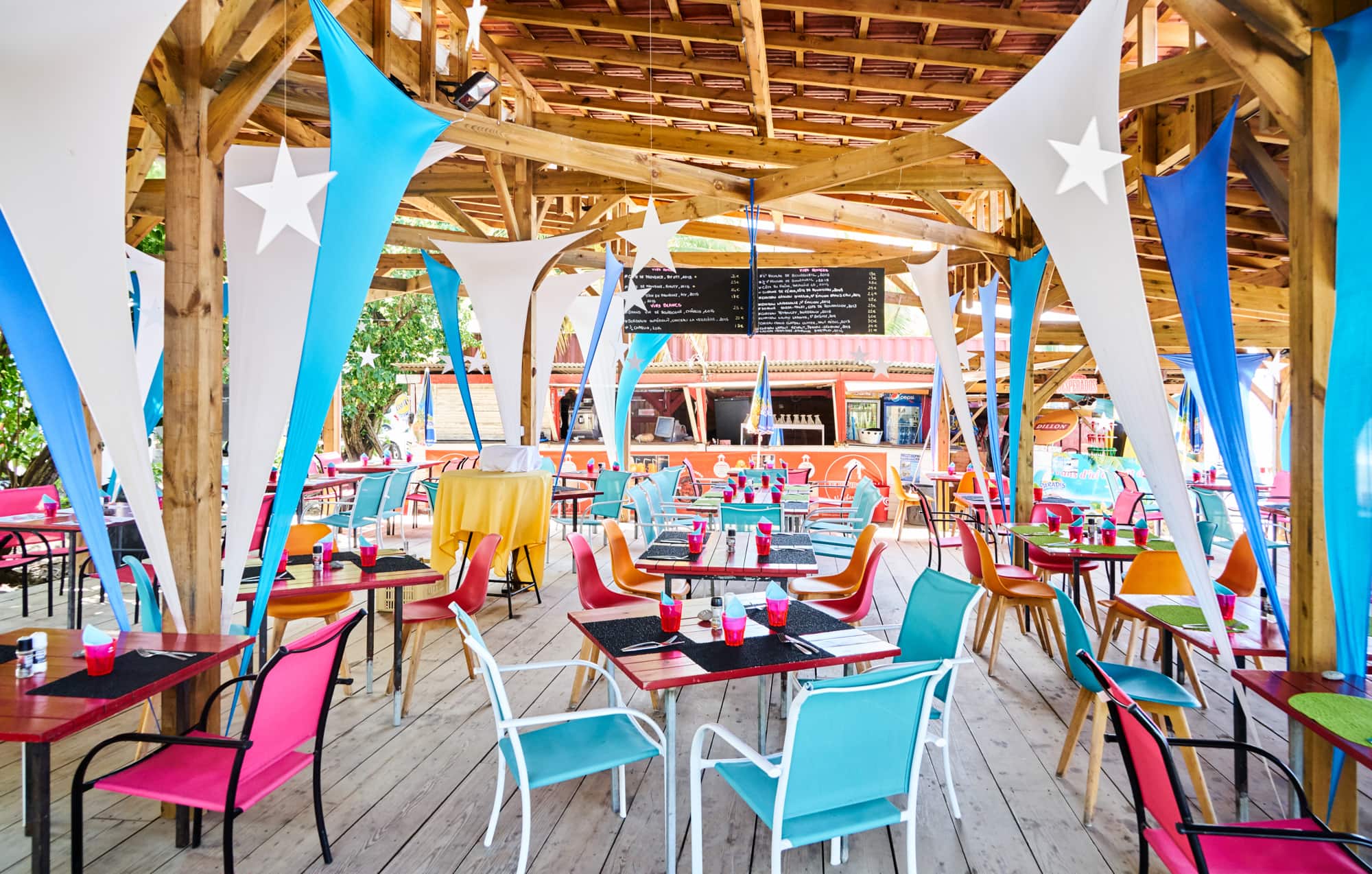
Le Petibonum

Le Bistro de l'Art
